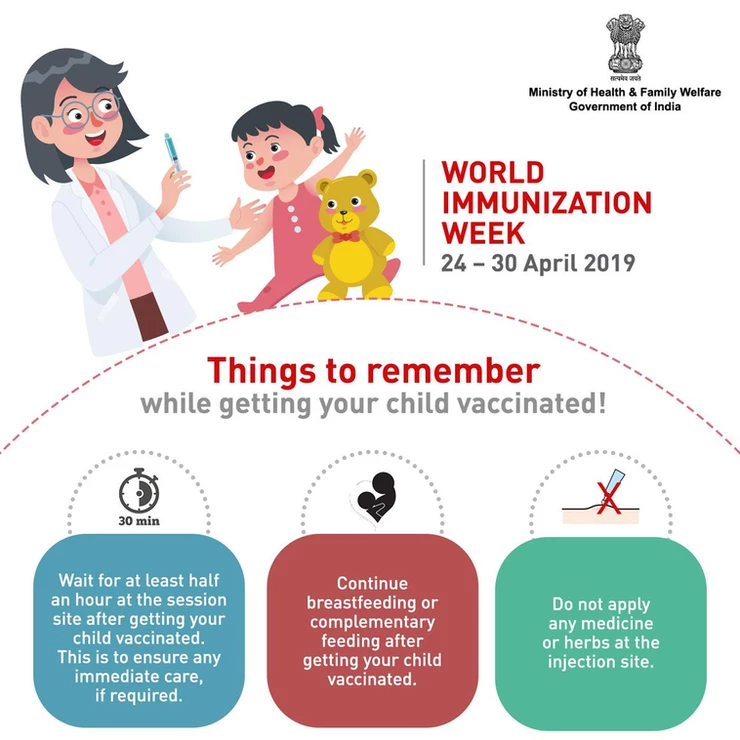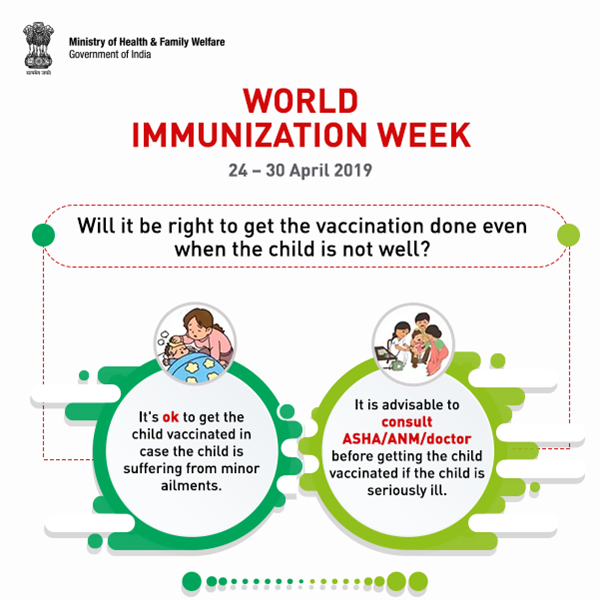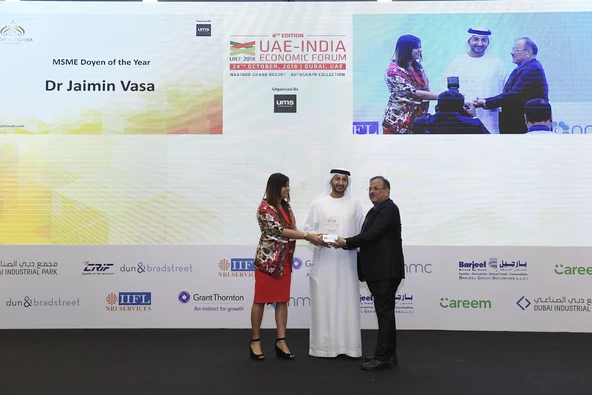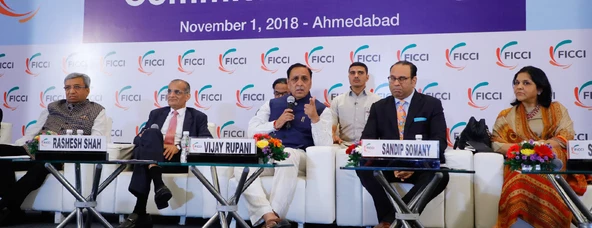July

Vaccination: A triumph of modern medicine
Celebrated in the last week of April, World Immunization Week aims to promote the use of vaccines to protect people of all ages against disease. Immunization saves millions of lives every year and is widely recognized as one of the world’s most successful and cost-effective health interventions. 85% of the world’s children – increasing from around 20% back in 1980 – now receive essential, lifesaving vaccines, protecting them and their communities against not only measles but also diphtheria, tetanus, pertussis (whooping cough), hepatitis B and polio.

Yet, there are still nearly 20 million unvaccinated and under-vaccinated children in the world today. This year’s VaccinesWork campaign comes at a critical time. It will involve all of us – from governments, to health workers and individuals, in our role as parents, teachers, family members or friends – to ensure every person is vaccinated at the right time, and that we remain protected together.
According to preliminary WHO data, measles increased by around 300% globally in the first three months of 2019, compared to the same time last year, with sizeable rises in all regions of the world. The reasons for children not getting their vaccines are diverse. The majority are the consequence of a fundamental lack of access to vaccination services, with Sub-Saharan Africa – which has the lowest coverage – accounting for the largest part of the increase, and the greatest burden of cases. However in places with historically high immunization rates, complacency – whether from parents, health providers, politicians or governments – can also play a role, and comes at an extremely high cost.
Meanwhile, new vaccines are on the horizon to protect against some of our most dangerous known pathogens. The rVSV-ZEBOV Ebola vaccine has already played a critical role in controlling the spread of the current outbreak in the Democratic Republic of the Congo, while RTS,S, the world’s first ever malaria vaccine is being piloted in routine immunization programmes starting this month in three African countries.




Leave a Reply